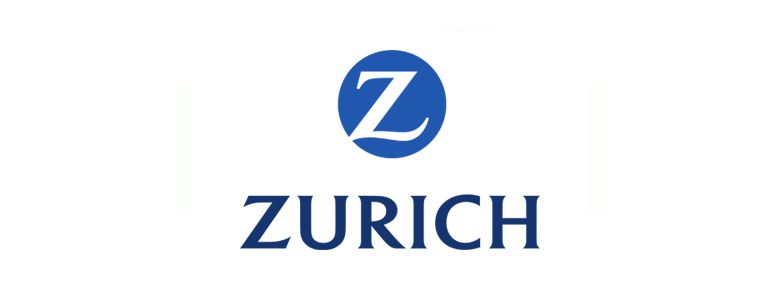Download Zurich’s New CI Guide here
Zurich has provided details of its enhanced critical illness offering for new customers, with expanded coverage of a variety of heart diseases and other recognisable conditions.
The group focused its overhaul on its three main claims areas – cancer, heart and neurological disorders – updating 50 definitions and increasing its total coverage to 85 conditions.
Zurich said it paid out £65.4m in the last year, with 59% of its total 788 critical illness claims, worth £48.3m, being in relation to cancer.
Data from Equifax Touchstone published in March showed critical illness sales for 2015 were up 33% across the industry, compared with 2014, while sales of term assurance (including term policies with critical illness incorporated) were up 11%.
In its new offering the insurer has included payments for 22 less advanced cancers, including skin cancer.
It has also simplified the wording on its main cancer definition and included an additional ‘other’ cancer in situ definition to catch all other known early stages of the disease.
These changes mean customers will be covered for all invasive cancers and the vast majority of early-stage cancers, Zurich said.
Heart-related illnesses were the second most common reason for claims last year accounting for 20%, it added.
The provider included nine specific heart-related conditions in its new policies. It has also updated its policy terms, bringing diagnoses in line with the latest medical practices.
With neurological diseases being the third most common reason for claims, Zurich has updated 13 definitions, including stroke and multiple sclerosis.
In total, this means the number of conditions now covered by the product has increased from 58 to 85, while those that qualify for additional payments have increased from 12 to 32, according to Zurich.
Peter Hamilton, head of retail propositions at Zurich said: “We are immensely proud of our claims record with the vast majority paid quickly – in 2015 we paid out more than£65m in critical illness payments alone. With these changes to our product, customers can be even more confident that claims will be paid.”





